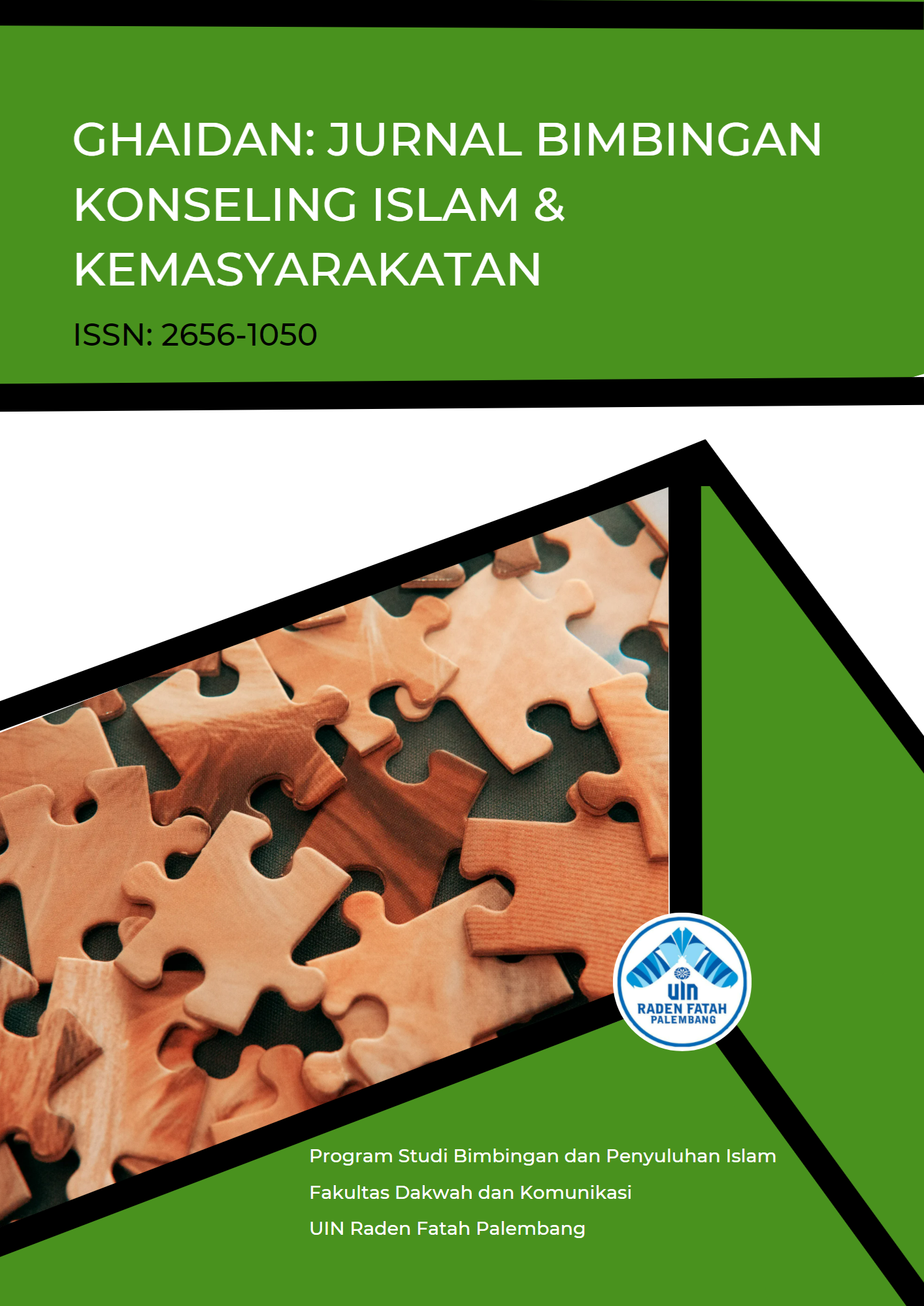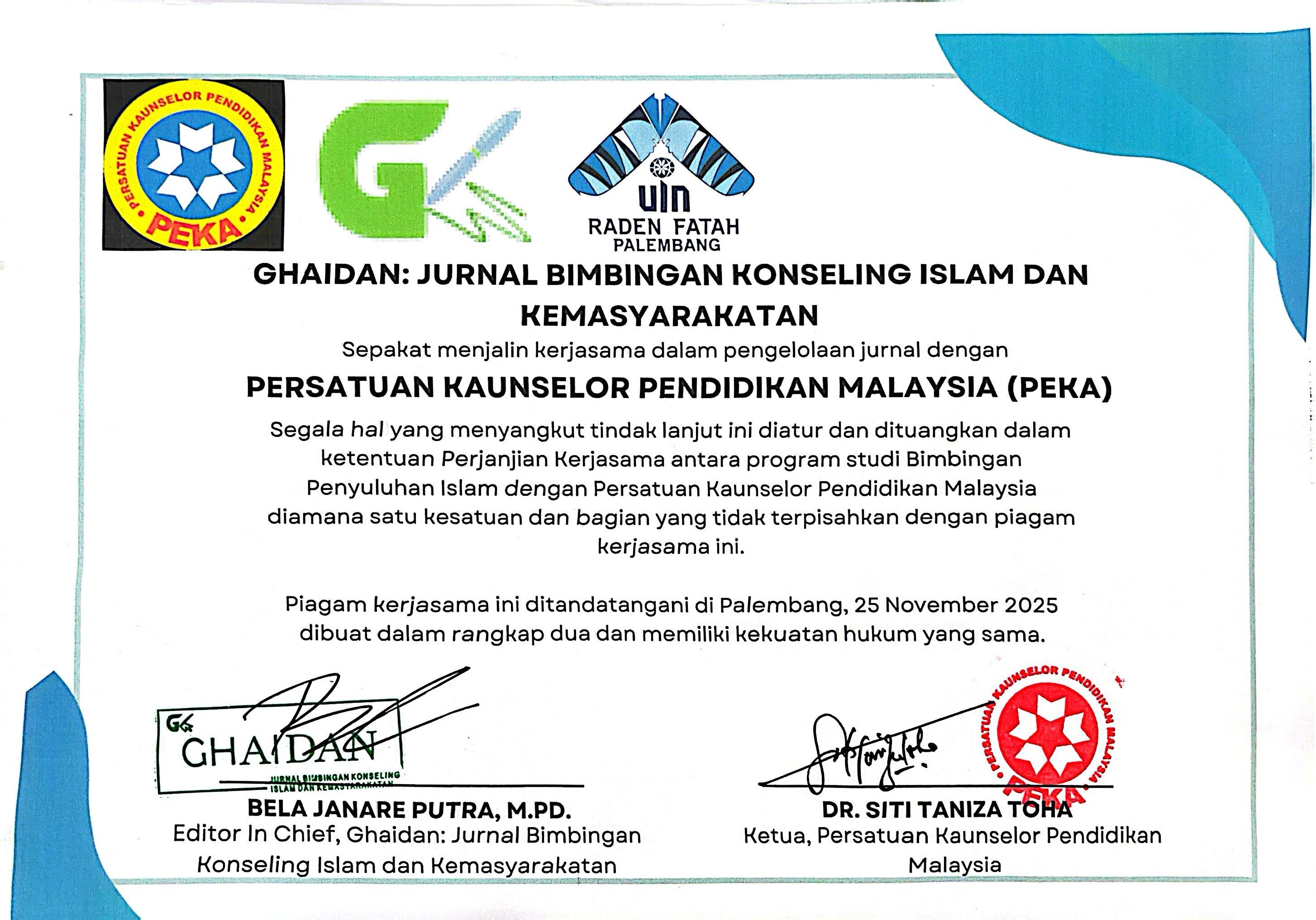Pengaruh Self Control dan Penggunaan Gadget Pada Perilaku Prokrastinasi Pada Mahasiswa Tingkat Akhir
DOI:
https://doi.org/10.19109/7my2y912Abstract
This research aims to try to find out how students can balance the use of gadgets with self-control so that they can minimize the occurrence of procrastination behavior. One of the causes of the problem of procrastination is self-control, students who have activities other than academics predominantly have low self-control. Low self-control can impact academic procrastination, and students consciously use time for other more enjoyable activities, namely by playing with gadgets, and using gadgets without limits, making it difficult for students to control these actions. This research method is non-experimental research because no manipulation of the independent variables was carried out. The variables studied are Problem self-control, use of gadgets, and procrastination. The participants in this research were 202 students (95 men and 107 women) aged 20-26 years, residing in Surabaya; and is currently completing his Thesis (Final Student). The research results show that the level of self-control, level of gadget use, and level of procrastination are moderate, and the F-test analysis hypothesis testing in this research is in the form of a known Sig value. Amounting to 0.021 (<0.05), it can be concluded that self-control and gadget use have a significant effect simultaneously (together) on student procrastination.
References
Bella Khansa Puspita, & Dewi Kumalasari. (2022). Prokrastinasi dan Stres Akademik Mahasiswa. Jurnal Penelitian Psikologi, 13(2). https://doi.org/10.29080/jpp.v13i2.818
Daffa Zuhdan Naufani, Z. U. (2023). PROKRASTINASI PRODUKTIF PADA MAHASISWA. Doctoral Dissertation, Universitas Muhammadiyah Surakarta, 4(1), 9–15. Google Scholar.
Fahira, S. N., & Hidayati, I. A. (2022). Hubungan Kontrol Diri dalam Penggunaan Sosial Media dengan Prokrastinasi Akademik pada Mahasiswa Tingkat Akhir (Relationship between Self-Control in Social Media Use and Academic Procrastination among Final-year College Students). Jurnal Ilmiah Psikologi Mind Set, 13(2), 117–127. Google Scholar.
Ferrari, J. R., Özer, B. U., & Demir, A. (2009). Chronic procrastination among turkish adults: Exploring decisional, avoidant, and arousal styles. Journal of Social Psychology, 149(3), 402–408. https://doi.org/10.3200/SOCP.149.3.402-408
Hafizh, R. D., & Sudinadji, M. B. (2018). Hubungan Antara Adiksi Gadget dan Kontrol Diri dengan Prokrastinasi Akademik pada Mahasiswa. Angewandte Chemie International Edition, 6(11), 951–952., 3(1), 10–27. https://medium.com/@arifwicaksanaa/pengertian-use-case-a7e576e1b6bf
Inessary, V., Karsadi, & Sunarjo, I. S. (2023). Kontrol Diri dan Kecenderungan Adiksi Smartphone. Jurnal Sublimapsi, 4(1). Google Scholar.
Khoirunnisa, R. N., Jannah, M., Dewi, D. K., & Satiningsih, S. (2021). Prokrastinasi Akademik Mahasiswa Tingkat Akhir pada Masa Pandemi COVID-19. Jurnal Psikologi Teori Dan Terapan, 11(3), 278. https://doi.org/10.26740/jptt.v11n3.p278-292
Lestari, R., & Sulian, I. (2020). FAKTOR-FAKTOR PENYEBAB SISWA KECANDUAN HANDPHONE STUDI DESKRIPTIF PADA SISWA DI SMP NEGERI 13 KOTA BENGKULU. Consilia : Jurnal Ilmiah Bimbingan Dan Konseling, 3, 23–37. https://doi.org/10.33369/consilia.v3i1.9473
Lestari, V. P., & Dewi, D. K. (2018). Hubungan Efikasi Diri dan Kontrol Diri dengan Prokrastinasi Skripsi pada Mahasiswa Fakultas Ilmu Pendidikan. Jurnal Penelitian Psikologi, 05(03), 1–6. Google Scholar.
Purwaningtyas, F. D., Zuroidah, A., Nilam, N. N., & Sela, N. P. (2021). Efektivitas Pola Asuh Orangtua dan Penggunaan Gadget Terhadap Perkembangan Psikososial di Tengah Pandemi Covid 19 untuk Siswa Sekolah Dasar. Jurnal Basicedu, 6(1). https://doi.org/10.31004/basicedu.v6i1.1955
Putra, B. J., & Khotimah Khusnul. (2024). Information Services Through Audiovisual Methods to Parents to Minimize Use of Gadgets in Children. Al-Ihath: Jurnal Bimbingan dan Konseling Islam 2809-2147, 96-102. https://doi.org/10.53915/jbki.v4i2.534
Ramadona, D. M., & Mamat, S. (2019). Kontrol Diri: Definisi dan Faktor. Journal of Innovative Counseling : Theory, Practice & Research, 3(2). Google Scholar.
Saifuddin, A. (2017). Penyusunan Skala Psikologi (ed.2). In Pustaka Pelajar. Google Scholar.
Sitorus, T. R. (2022). Hubungan Smartphone Addiction dengan Prokrastinasi Akademik pada Mahasiswa Fakultas Psikologi Universitas Mercu Buana Jakarta Barat. Wacana, 14(1), 57. https://doi.org/10.20961/wacana.v14i1.55511
Unda-López, A., Osejo-Taco, G., Vinueza-Cabezas, A., Paz, C., & Hidalgo-Andrade, P. (2022). Procrastination during the COVID-19 Pandemic: A Scoping Review. Behavioral Sciences, 12(2). https://doi.org/10.3390/bs12020038
Yunda Kartika, A. A. A. (2024). Analisis Self Control Penggunaan Gadget pada Perilaku Prokrastinasi : ( Studi Kasus Mahasiswa Ilmu Komunikasi. Jurnal Indonesia : Manajemen Informatika Dan Komunikasi (JIMIK), 5(2), 1799–1808. Google Scholar.
Downloads
Published
Issue
Section
License
Copyright (c) 2024 Fifin Dwi Purwaningtyas, Starry Kireida Kusnadi, Ressy Mardiyanti, Tutus Risda Sabila, Rosvita Gamul

This work is licensed under a Creative Commons Attribution-ShareAlike 4.0 International License.





